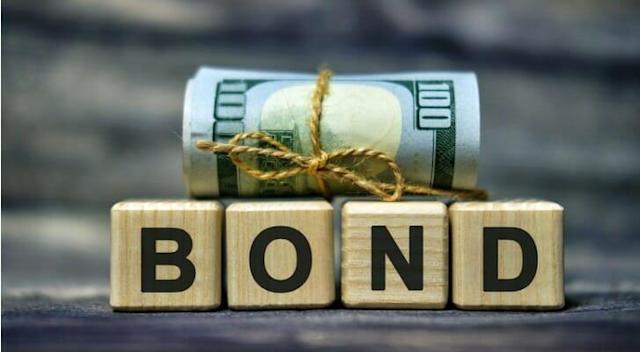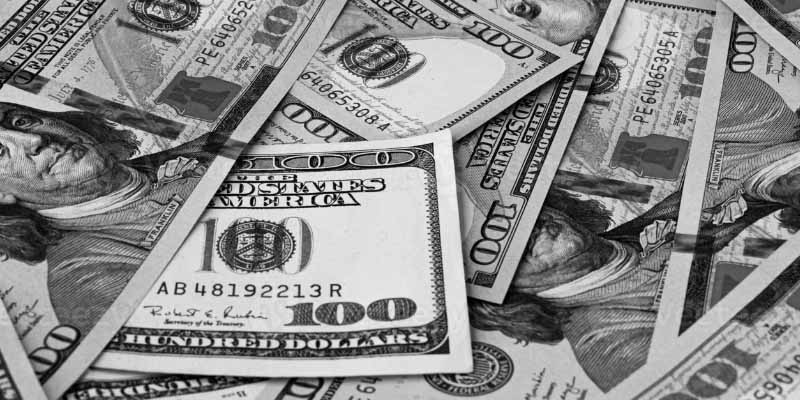Premium vs Discount Bonds: Which Should You Buy?
Jan 17, 2024 By Triston Martin
Bonds can be used to mitigate the risk of a portfolio and generate income through the interest earned due to regular payments of coupons. When bonds are issued, it is assigned a fixed par amount and a predetermined expiration date. The value of a bond can fluctuate after it starts trading on the market.
Premium bonds are traded above their par value, and discount bonds trade lower than the par value. Both are great options for investors; however, knowing how discount and premium bonds function is important. Financial advisors can help you explore all opportunities available to investors who invest in fixed-income securities.
How Bond Prices Are Set
Bonds are a type of loan that an issuer makes. You give the issuer permission to use your money when you buy bonds. In exchange, the issuer will pay the bond back to you in interest. For instance, municipal authorities issue municipal bonds to fund things like road maintenance or public works. Businesses can issue corporate bonds to raise capital, which could be utilized to finance expansion projects.
If a bond is issued to the public, it's at a set par value. Bonds are traded at par if the price was the same as its face value when the issue was made. However, once a bond is placed on the market and becomes open for trading, the price may alter. The price of bonds can be affected by various factors, such as demand and supply, the issuer's credit score, and the term of maturity for the bond.
The bond price and the yield are in a relationship. In other words, its yield will rise when a bond's cost is lowered in the market. Be aware, however, that a bond with longer maturities could be riskier as it is more susceptible to fluctuations in interest rates than a short-term bond. Furthermore, credit quality will help reduce the risk of default. The higher a bond issuer's credit score, the lower the chance that the issuer will miss out on the repayment of the bond. Understanding these factors can help in understanding how discount and premium bonds function.
What Is a Premium Bond?
A bond that trades over its par value (original price) on the secondary bonds market is considered a premium bond. Bonds are traded at a premium if it offers an interest (interest) rate greater than the currently prevailing rates of interest available for new bonds. Investors are prepared to shell out more to get a higher yield.
What Is a Discount Bond?
A bond trading at a lower than the par amount on the market for secondary securities is known as a discount bond. Bonds are traded at a lower price when it has a coupon rate that is less than the interest rates currently in use. Since investors desire an increase in yield, they'll pay less for bonds, with a coupon rate being less than those. This upfront discount will make up for a lower rate for a coupon.

What Makes Them Different?
A premium bond comes with an interest rate higher than the interest rate currently used for the bond's maturity and credit score. On the other hand, a discount bond is a discount bond with an interest rate lower than the interest rate currently in effect for the bond's maturity and credit rating.
An example could be able to clarify this point. Let's say you have an older bond, which was initially a 10-year bond when you purchased it in the past five years. The bond is rated at a coupon rate of 5%, and you'd like to dispose of it right now. When you sell it, the bond you purchased will compete in the market against new bonds with a five-year maturity because there are only five years before the bond's maturity.

Let's say that the new bonds, similar to yours about credit quality, have a coupon rate of 3 percent. Investors are likely to "bid up" your bond's price until the maturity yield is comparable to the market rate of 3.3%. In the event of a bidding-up system, the bond will be sold at a price that is higher than the value of its par. The buyer will be paying more for bonds, while the price they pay will decrease the maturity yield to be similar to the yields currently sold. In contrast, the discount on bonds will increase the yield to maturity, not decrease it.
-
 Investment Jan 29, 2024
Investment Jan 29, 2024Mutual Funds and ETFs Invest in IPOs
You can make a lot of money if you invest early in a successful new public firm. That's why initial public offerings (IPOs) are so popular with investors and the media. However, investment in initial public offerings (IPOs) carries a certain risk. That's why IPO ETFs, or exchange-traded funds participating in initial public offerings, are worth looking into. If you're looking for a way to diversify your portfolio while maximizing your returns, they're a great option.
-
 Banking May 12, 2024
Banking May 12, 2024Revolutionizing Personal Finance: A Comprehensive Guide to the Robinhood Cash Card
Explore the revolutionary Robinhood Cash Card - , real-time insights, transparent fees - redefining personal finance.
-
 Banking Oct 24, 2023
Banking Oct 24, 2023Prevent Your Ex From Ruining Your Credit
It's never easy to split up with someone. Ex-partners are bad enough; it's even worse when they use your credit card information to make fraudulent purchases to get back at you. Assuming your credit is safe, a lover scorned might be a dangerous adversary. Consider the following options to protect your credit from your former partner
-
 Banking Jan 22, 2024
Banking Jan 22, 2024Uncovering the Cerulean Credit Card: Top 10 Must-Know Features
Explore the comprehensive features and numerous benefits of the Cerulean Credit Card, a reliable option for effective financial management and credit build-up
